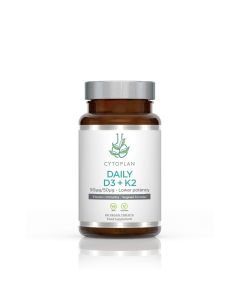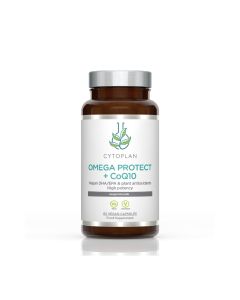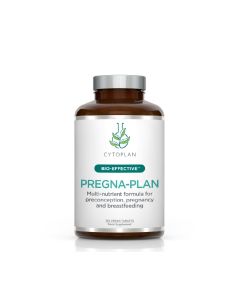Should I take extra supplements whilst breastfeeding?
You’ve spent the last nine months nourishing your body to prepare for a healthy birth and ensuring the optimal levels of nutrients to support the health of your growing baby, and now you have chosen to breastfeed, it is just as important to ensure you are getting great levels of nutrients to support both your and your baby’s health. Indeed, requirements of many micronutrients increase in breastfeeding when compared to pregnancy, which is unsurprising when you consider that your baby will double their birthweight in the first four to six months after birth.
Breastmilk is an ever-changing medium, with differing levels of nutrients to support your baby’s needs at various stages of growth. The quality of breastmilk will depend upon both dietary intake and your own body’s nutrient reserves. Dietary intake of some nutrients, such as the B Vitamins and choline will directly impact the levels in your breastmilk so it’s very important that you have a regular intake throughout pregnancy. On the other hand, some nutrient concentrations in breastmilk are resilient to changes in the mother’s intake, such as vitamin D, calcium, iron, copper and zinc – but supplying your growing baby will use nutrients from your own stores so it is very important you are replenishing these to help maintain your own health as well as your baby’s healthy development.
A comprehensive prenatal supplement, or other suitable multivitamin and mineral formula, taken alongside a varied, nutrient-dense diet is recommended throughout breastfeeding to ensure great levels of all the essential nutrients.
Omega 3 intake during breastfeeding is important for your baby’s brain development for the first two years of their life. During the baby’s first 6 months, the brain, which only accounts for 8% of body weight, accumulates almost the same amount of the omega-3 fatty acid, DHA as the entire rest of the body! DHA has important roles for the health of both mother and baby, and increasing evidence shows that infants fed breastmilk with a higher DHA content have better vision and neurodevelopmental outcomes. The levels of Omega 3 in breastmilk are largely determined by maternal levels and influenced by dietary intake – so ensuring excellent levels through diet should be a priority. DHA can be obtained through eating oily fish, but due to the risk of toxicity and heavy metal accumulation in fish, or personal dietary preference, some may prefer a supplement with great levels of DHA, such as those from marine algae.
Probiotics – in the first year, your baby’s microbiome requires a high proportion of bifidobacteria strains to help with the digestion of milk – and breastmilk harbours a diverse microbiota, plus nutrients that encourage the proliferation of health promoting bacteria. It is estimated that 25-30% of your baby’s gut bacteria will originate from breastmilk, so a probiotic supplement could help to support a healthy microbiome for both you and your baby.










